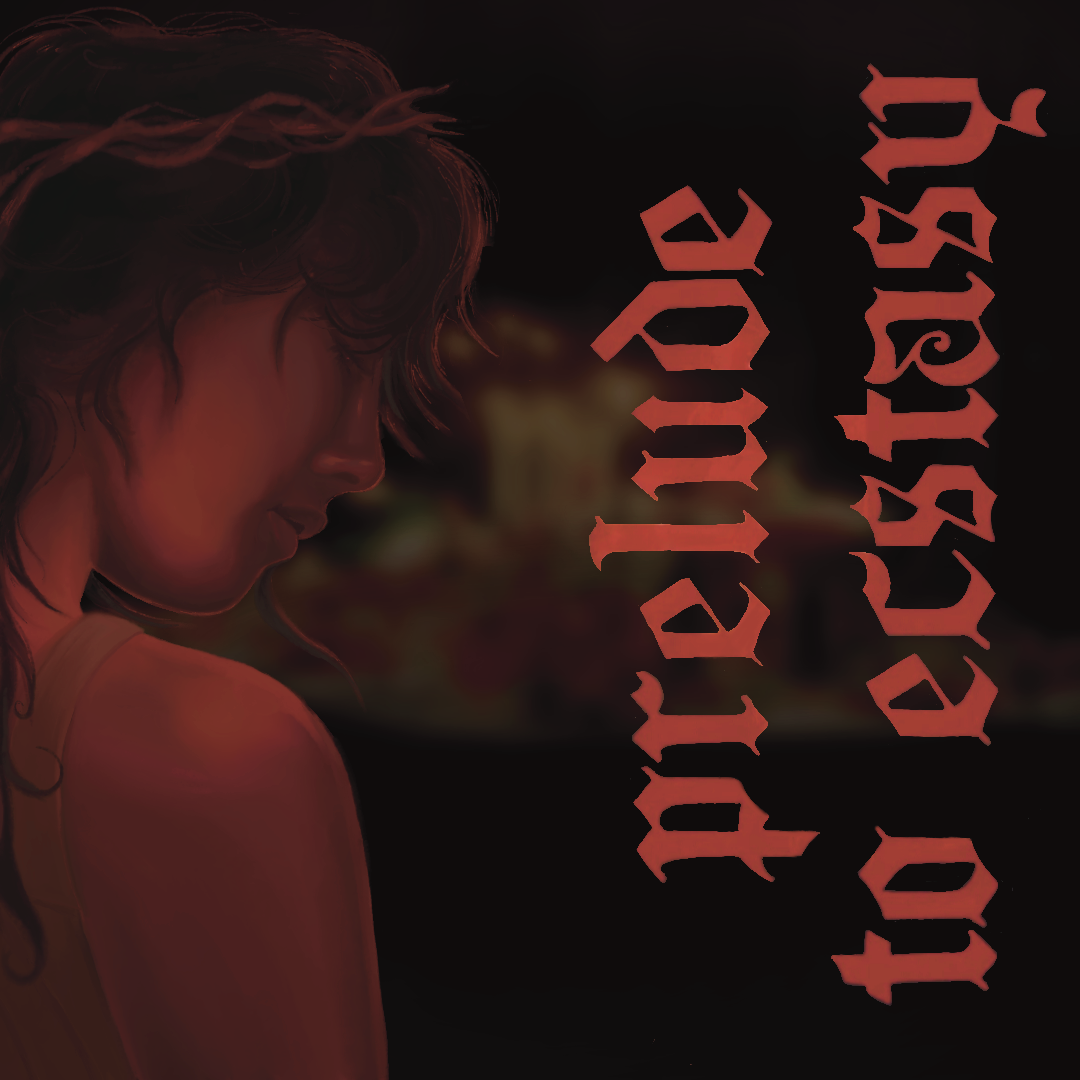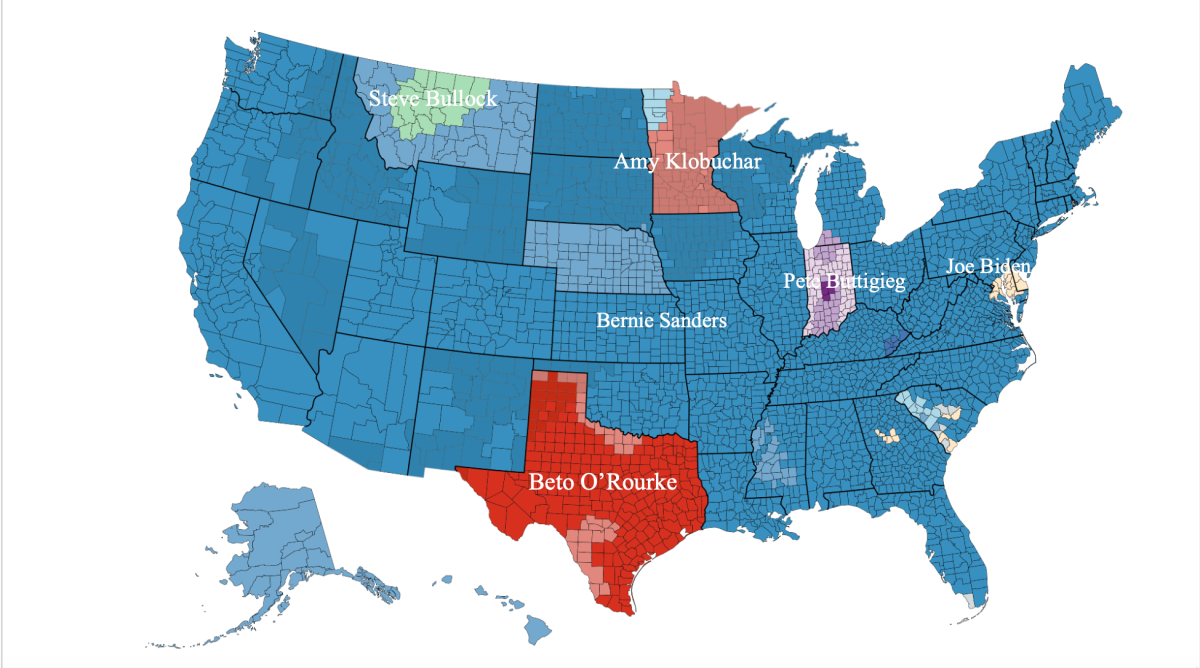On April 19, 2023, a newly formed band who branded themselves “The Last Dinner Party” released their debut single, “Nothing Matters.” The song, having been described as “the truest love song I could have written at the time” by songwriter and vocalist Abigail Morris, portrays a display of spite and bitter romance in the face of betrayal. In a shocking set of circumstances, the pop outfit was greeted with skyrocketing acclaim. The single found immense popularity among streaming platforms like TikTok and Instagram and ended up on several charts spanning both the United States and the UK.
As for me, I haven’t had TikTok downloaded on my phone for at least a year or two now. I suppose I simply missed the hype train on this group on Instagram as well because prior to a couple weeks ago, I had never heard of this band nor their hit singles. In fact, it’s quite possible many of you reading this have a more vast prior knowledge of their glam rock and baroque aesthetic, accompanied with their lyrics detailing queer experience, religious trauma and toxic relationships.
If not, then I’m happy to enlighten you about their debut album “Prelude to Ecstasy,” as I am excited to get into the core of the lyrical content, which upon closer inspection is a lot darker than I initially took it for. Most casual listeners — a term that could apply to me when I first found this band — will gravitate towards The Last Dinner Party’s musical similarities to the likes of ABBA or David Bowie and find triumphant joy in its bombastic and theatrical glam appeal. The tracks throughout have heavy emphasis on grand production. Whether it’s through orchestral arrangements or synth whirlwinds, there are very few subtle moments on this record.
Listeners are greeted with an atypical introduction, the title track “Prelude to Ecstasy,” which boasts TLDP’s style with a grand instrumental sprinkled front to back with crashing cymbals and elegant flutes/string sections. Then, it cuts to the chase with the glamorous albeit haunting “Burn Alive,” which uses morbid imagery to describe what could be either interpreted as an unhealthy relationship with a partner or us, the audience, or perhaps both. The band has labeled this track as a sort of mission statement, with the recurring line “let me make my grief a commodity” ringing out as a symbol for this more than ever. The overall theme of the song, though, is emphasizing the mentality of being worth less than the people/lovers you desperately need to please.
The album also targets queer and sexual themes, as it has a variety of tracks that intend to illustrate the religious conflict that can emerge from someone who might’ve grown up religious (as Abigail Morris has) when faced with the sexual experiences that can come with adulthood. This along with the theme of same-sex attraction that is tackled in songs like “Sinner” and “My Lady of Mercy” further adds to the melting pot of confusion and religious guilt. Where these songs ultimately land, however, is the embrace of self-acceptance and triumph in spite of outside factors that are beyond our control.
I feel it’s also important to give heavy mention of just how spectacular these songs sound. Musically speaking, The Last Dinner Party is offering an explicitly distinct sound of grandeur that is unseen in the modern-day pop landscape, especially with this level of execution. Admittedly, they are not exploring sounds that are necessarily never heard before, as one could argue that a majority of these tracks are taking significant influence from 1980s music scenes. Even with this consideration, it is undeniable just how stellar of a job this band does at performing this sound in a way that is deliberate and unwavering. They may not have the most original style, but they know exactly how to deliver it in a way that is nothing short of shell-shocking.
“Caesar on a TV Screen,” “The Feminine Urge” and “Beautiful Boy” all feel worthy of significant praise as their exploration of power and femininity give apt windows into the complex and non-ideal place women have in society. Whether it’s through the conflicting nature of wanting to tend to the nurturing spirit of femininity despite being put in harm’s way or putting a magnifying glass on the displacement of power between those who are masculine as opposed to feminine, the lyrics can be as unapologetically blunt as they are macabre. Also, it cannot be overlooked how gorgeous the climax of “Beautiful Boy” is, so take that statement as a recommendation to check that song out at the very least.
The word “grand” cannot be overstated with an album like this, with presentation and lyrical content being as top notch as this, one can only wonder where The Last Dinner Party will go from here. I personally have no comprehensible clue, but I can tell you that I’m quite excited to find out. Give the album a listen if you haven’t already. There’s a good chance that we are witnessing the birth of something truly special.
Anthony Morris is an opinion writer. Contact them at [email protected].










